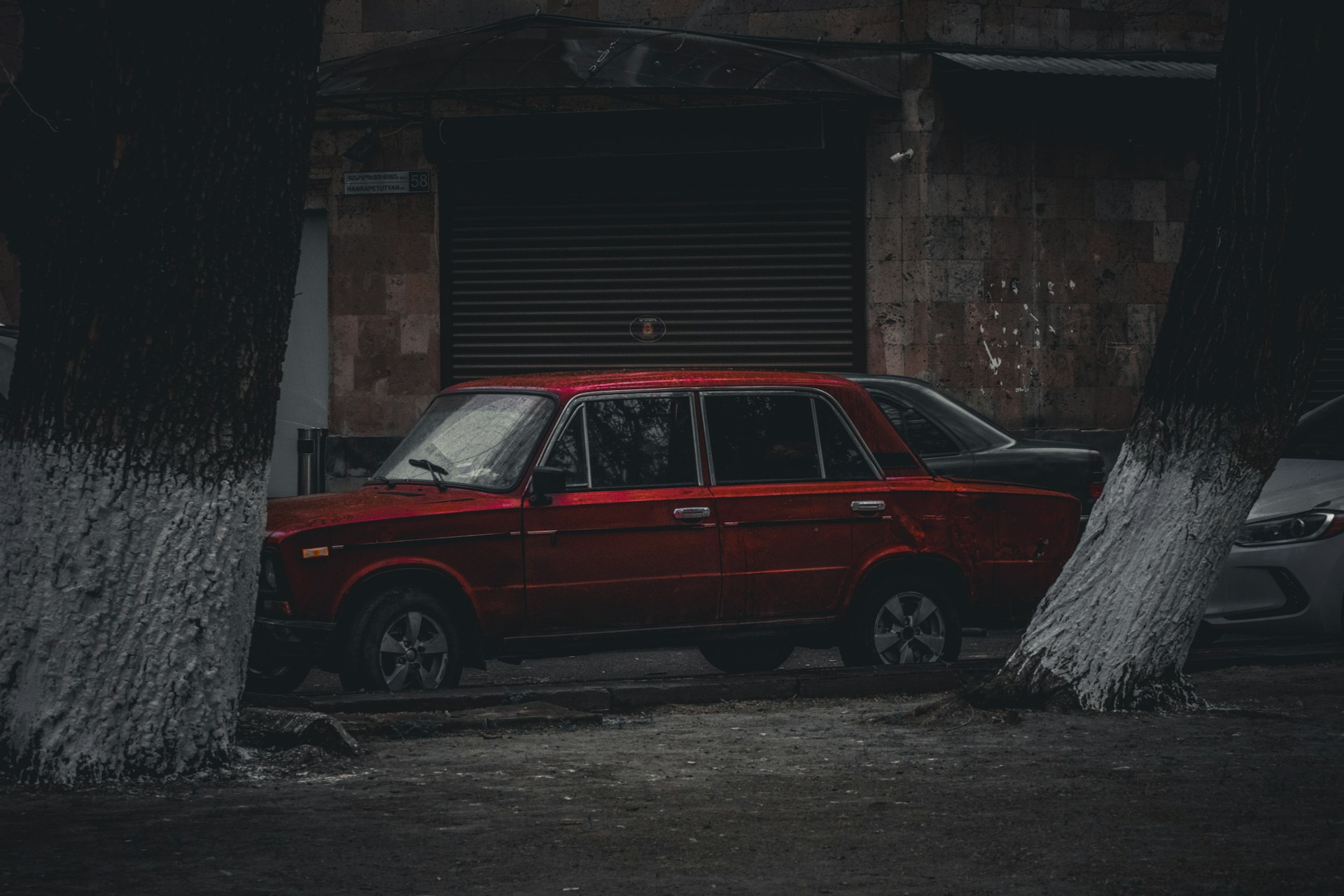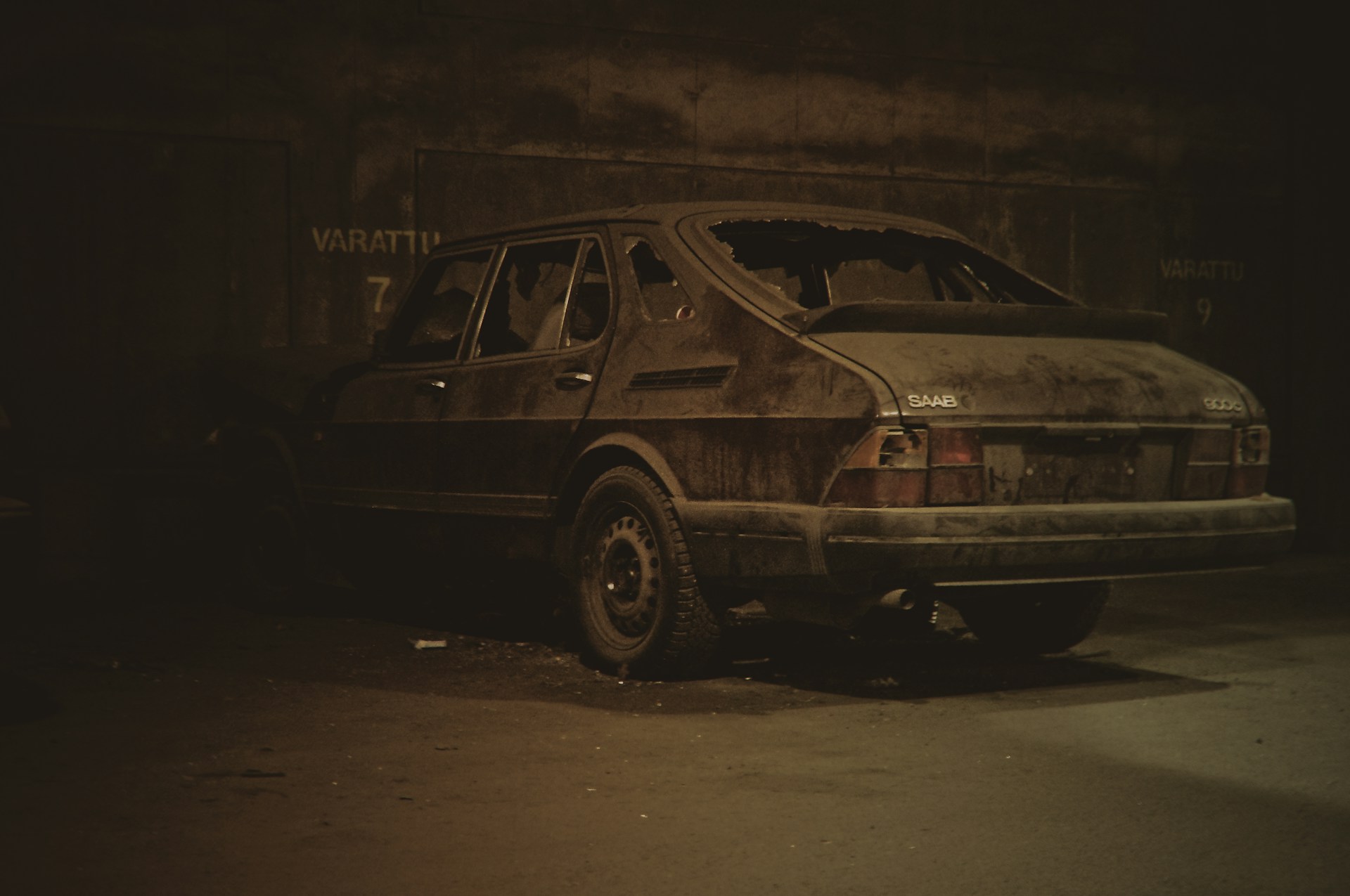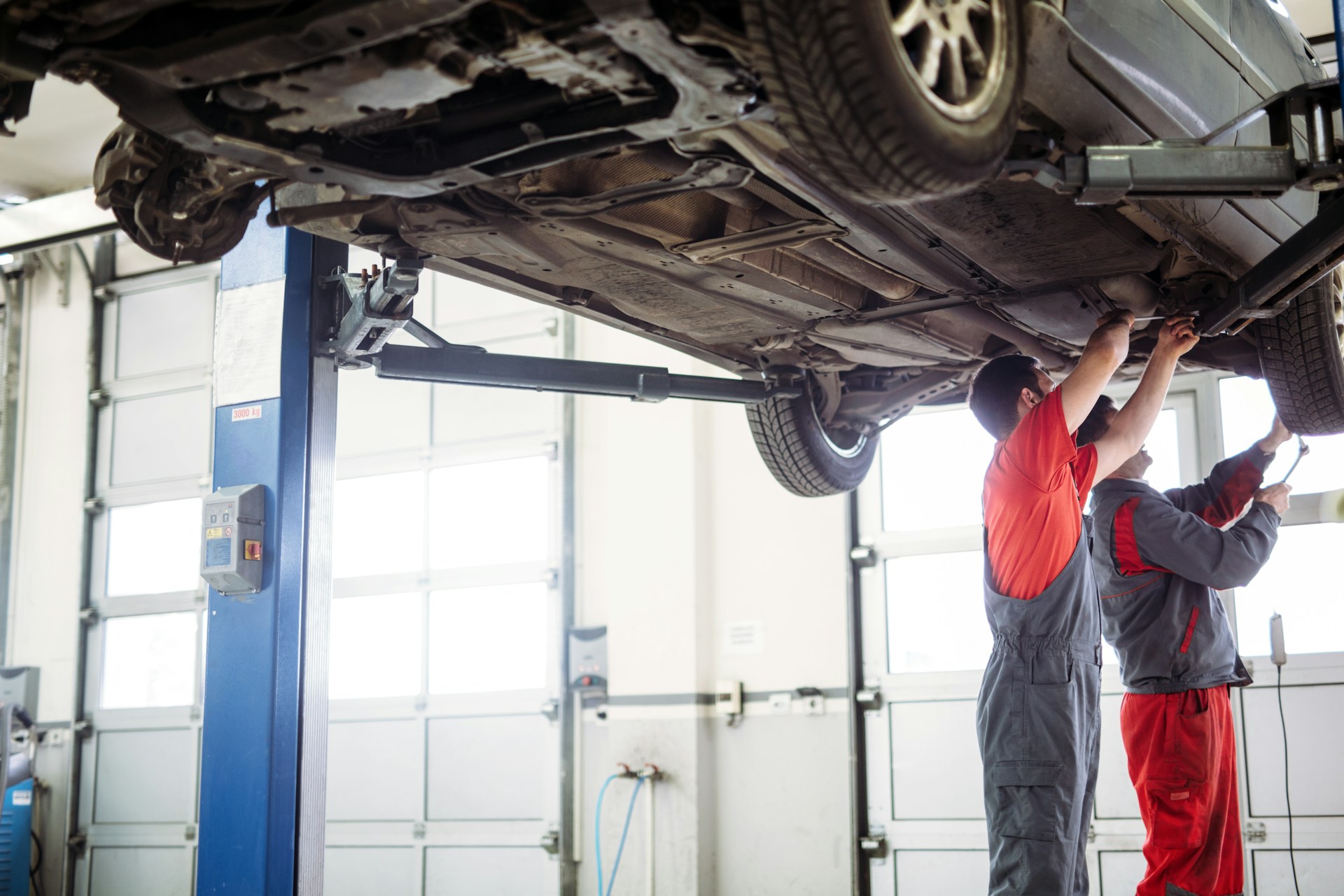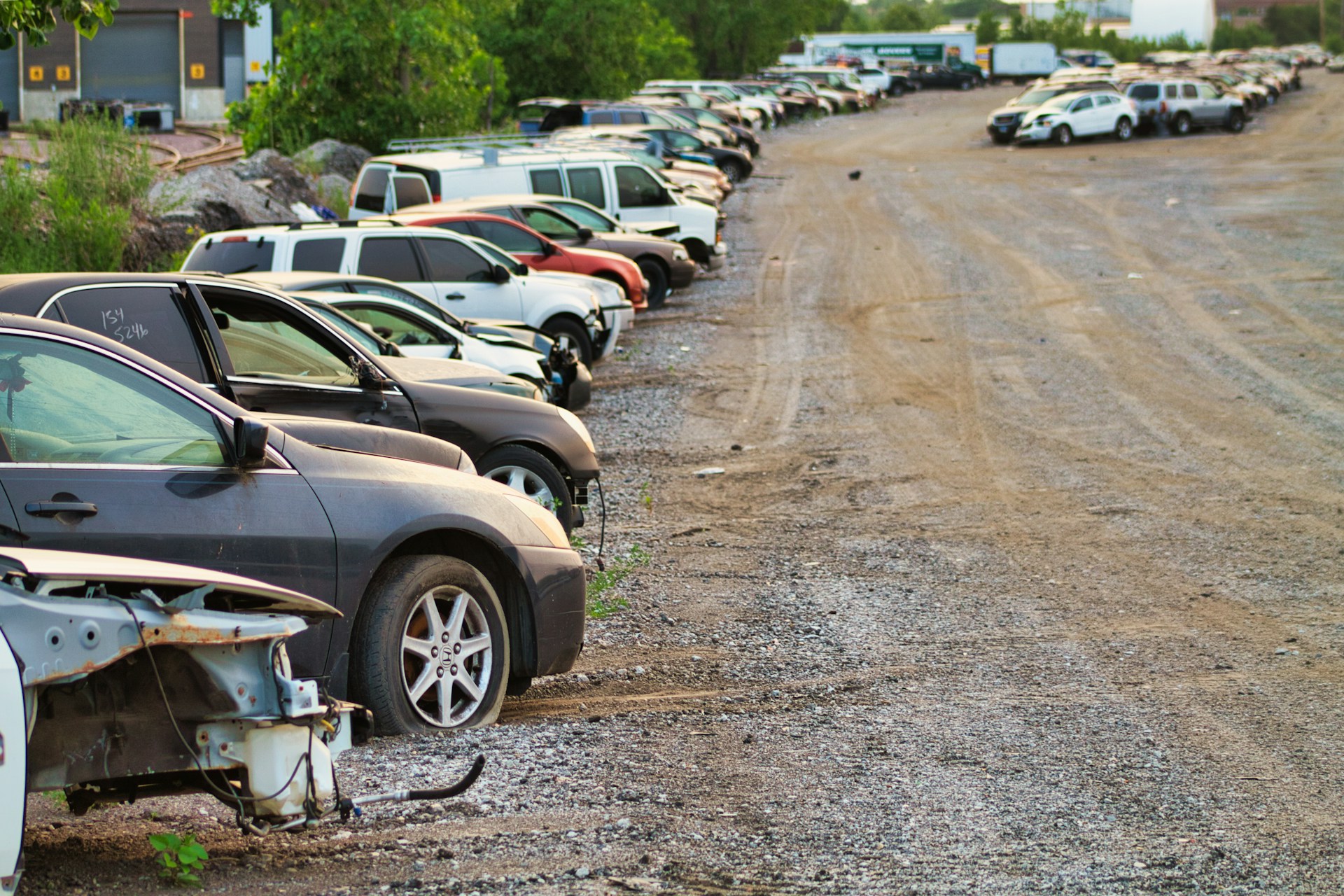Contents
When your car is labeled as salvage, any further accidents can complicate matters significantly. If someone hits your salvage car, navigating the aftermath involves unique challenges and considerations. This scenario raises important questions about insurance claims, vehicle value, and legal responsibilities. Understanding these nuances is crucial to managing the situation effectively and safeguarding your interests. Let’s delve into what exactly happens in these cases, exploring the implications and the steps you should take.
Table of Content
- What Does a Salvage Title Mean?
- How Insurance Works for Salvage Cars
- Steps to Follow After an Accident with a Salvage Car
- Navigating Claims and Valuation
- Repair and Resale Considerations
- Summary
- FAQ
What Does a Salvage Title Mean?
A salvage title signifies that a vehicle, often referred to as a “totaled car,” has suffered significant damage. Typically, this designation occurs when an insurance company assesses a vehicle’s repair costs to exceed its overall value before an accident. Owners of a salvage vehicle may face various restrictions, especially concerning insurance and subsequent repairs. Essentially, a salvage title warns potential buyers and owners about a car’s history of substantial damage. This impacts decisions related to its use, repair, and resale. Understanding this can guide your expectations and planning if you own or consider purchasing such a vehicle.
How Insurance Works for Salvage Cars
Getting insurance for a salvage car can be tricky and usually means more restrictions. Most of the time, insurers only offer liability coverage, which pays for damage your car might cause but not for your car itself. Full coverage like comprehensive or collision is often not available because the car’s value is already low. If you want broader coverage, you might face higher costs and need to get your car inspected. Also, if you need to make insurance claims ready for a close review by the insurer. They do this to make sure the claim makes sense for a car that’s worth less. This ensures that both the policyholder and the insurance company are protected financially in the event of further incidents.
Steps to Follow After an Accident with a Salvage Car

If you’re involved in an accident with your salvage car, it’s crucial to follow these steps to ensure a smooth handling of the situation:
- Ensure Safety First: Immediately check for any injuries among all parties involved and call emergency services if necessary.
- Document the Scene: Take detailed photos of the accident from various angles, capturing the damage to all vehicles involved.
- Exchange Information: Collect contact, vehicle, and insurance information from the other driver(s).
- Notify Your Insurance: Contact your insurance company to report the accident, even if the damage appears minor.
- Seek Legal Advice: Consider consulting with a legal expert to understand your rights and obligations, especially since salvage cars have unique considerations.
- Estimate Repairs: Assess the damage to your car to determine if repairs are feasible within your budget and the car’s diminished value.
Navigating Claims and Valuation
Navigating insurance claims and valuation after an accident with a salvage car can be particularly complex. To establish a fair market value for a damaged salvage vehicle, it is crucial to understand its condition before and after the accident. Using tools like a VIN decoder can provide detailed information about the vehicle’s history and original specifications. They are essential for accurate valuation. Insurance adjusters typically calculate the payout based on the car’s reduced salvage value after an accident, which may be significantly lower than its pre-accident value. For car owners, this means being prepared to present clear evidence of the car’s condition and arguing effectively for a fair assessment. It is a way to ensure the insurance payout reflects the actual worth of the salvage vehicle.
Repair and Resale Considerations

If you’re thinking about fixing or selling a salvage car after an accident, consider a few important points. First, check how much the repairs will cost and think about if the car will be worth much after fixing it. Often, the cost to repair the car can be more than what it will be worth later, which might not make fixing it worth it. Also, when selling a salvage car, you need to be honest about its past damages and condition, which can lower its price. Buyers usually want a big discount on salvage cars because they know these cars have had major issues. Knowing what salvage cars sell for in your area can help you decide whether to repair or sell your car. This information will guide you in making a practical decision that balances potential repair costs against the likely resale value.
| Aspect | Repairing the Car | Reselling the Car |
| Financial Cost | Potentially high, depending on the extent of damage and required repairs. | None beyond basic marketing or transaction costs. |
| Potential Gain | Increased value if repairs are thorough and restore functionality effectively. | Immediate financial return, even if below market value for non-salvage cars. |
| Time Investment | Significant time is required for repairs and ensuring the car is road-worthy again. | Minimal, especially if sold to dealers specializing in salvage vehicles. |
| Market Demand | Dependent on the car’s model, age, and the quality of repairs. | Generally lower, but quicker turnover if priced appropriately. |
| Risk | High risk of unforeseen repair costs that may not be recouped upon sale. | Low risk as you avoid further investment into the damaged vehicle. |
Summary
Dealing with a salvage car after an accident involves several important steps. It’s essential to understand what a salvage title means and the insurance limitations that come with it. Make sure to document everything right after the accident to help with insurance claims. Using tools like a VIN decoder can help you figure out the car’s worth, which is useful when talking to insurance companies. Also, think carefully about whether to fix or sell your car by comparing the repair costs with how much you might sell it for. Being informed and ready can make these decisions easier and help you avoid losing money.
FAQ
Can the Same Car Be Totaled Twice?
Yes, a car can be totaled more than once. If a vehicle that was previously totaled (and then repaired) suffers additional damage in a new accident, it can again be declared a total loss. This is more likely with cars that have a salvage title. Their value is already diminished from the first instance of significant damage.
How Does a Salvage Title Affect My Car’s Value After an Accident?
A salvage title significantly decreases a car’s value, even after repairs. If the vehicle is involved in another accident, its value will be assessed based on its already reduced salvage status. This means that any further damage can drastically lower the value even more.
What If the Accident Was My Fault?
If the accident was your fault and your car has a salvage title, the implications can be complex. Typically, your liability insurance would cover damages to the other party involved, but any damage to your vehicle might not be covered, especially if you only have basic liability insurance.




